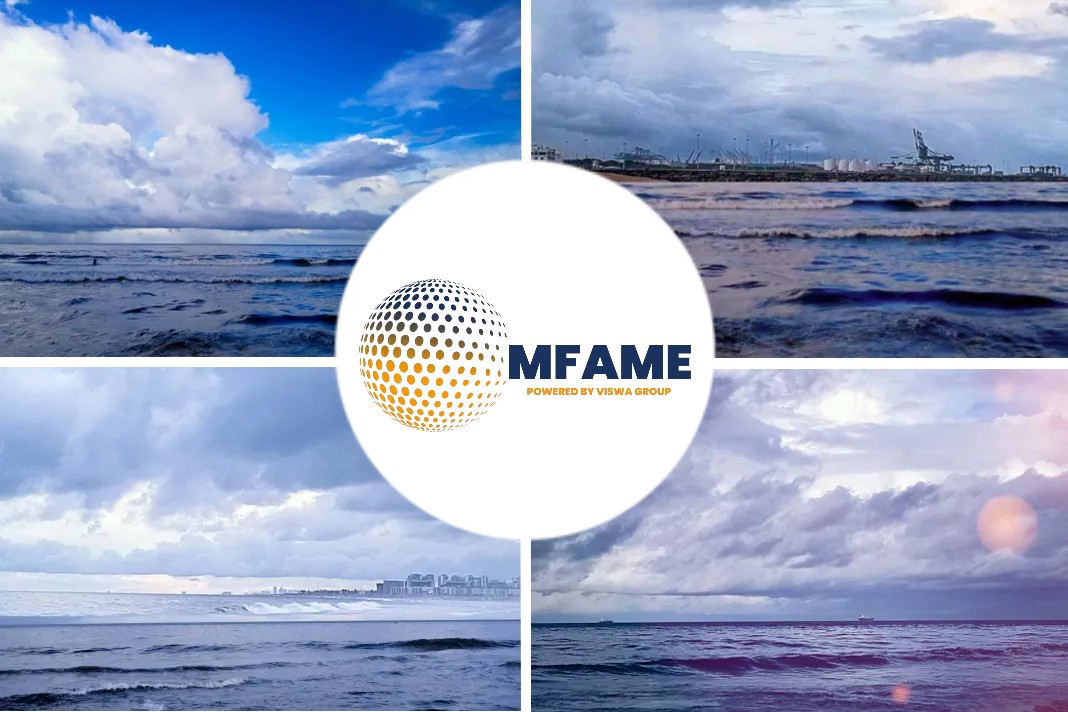
The imminent sale of the Middle Eastern marine fuels division of the German energy company Uniper will be a unique test of the bunker industry’s desire to own production assets, as reported by Ship&Bunker.
Aid regulations
As one of the requirements for the European Commission to approve the German government’s rescue of the company under EU state aid regulations, the corporation stated last month that it will sell off Uniper Energy DMCC. The corporation has until the end of 2026 to complete all of its divestitures.
At a facility in Fujairah, Uniper Energy DMCC operates two production trains that generate more than 4 million mt of 0.1% and 0.5% sulphur bunker fuel annually. Along with Vitol’s 80,000 b/d Fujairah refinery, the plant is a major supplier of VLSFO to the bunker market in the Middle East.
From a trading office in Dubai, Uniper’s Middle East bunker division also trades cargoes of these fuels to the Middle East, ARA, and Asia-Pacific regions.
Business development
The company has additionally been running a partnership with biofuel supplier Neutral Fuels since 2020 to develop biofuel-VLSFO blends for the bunker industry.
“Any likely buyer would need the financial wherewithal to pay for, and experience in running, a decent-sized refinery,” Jason Silber, lead analyst and head of business development at Infospectrum, told Ship & Bunker.
“If I had to guess, the large commodity houses, oil majors and national oil companies come to mind, but there are certainly other candidates.”
“Vitol, however, already has a refinery in Fuj so I’m assuming it might not be as interesting.”
“But you never know — someone more unexpected may also want to jump in.”
Who’d Want to Produce Bunkers?
The ownership of its production assets has historically been generally avoided by the bunker sector, which instead prefers to purchase gasoline from major oil firms and resell it to maritime clients. Ownership of a refinery necessitates knowledge of all the product markets that the plant would serve, not only bunker markets, and before the implementation of IMO 2020, a targeted expansion of that magnitude would have sounded excessive in order to obtain preferential access to HSFO production.
However, in the VLSFO age, a small refinery like Uniper’s can be significantly more focused on producing low-sulfur bunkers, increasing the asset’s appeal to the bunker business.
Large commodity trading companies having a stake in the bunker market, such as Vitol, Trafigura, and Mercuria, would traditionally be the front-runners to acquire an asset of this type.
When Uniper was considering a sale before the EU’s decision late last year, Vitol was cited as expressing interest in the refinery. Vitol and Mubadala Investment Company were also mentioned as potential competitors by regional market sources that Ship & Bunker consulted.
However, the timing of this sale might spur interest in bunkering from other businesses. After record margins in 2022, the bigger brands in the bunker business, in general, are cash-rich, which means that for the first time, some people may be able to afford to acquire a production asset.
Agreement
Currently, the conventional bunkering business with the closest connection to industrial assets is Bunker One, a physical supply subsidiary of Bunker Holding. The company has an agreement with Vertex Energy, a US company in which it owns a tiny share, allowing it to purchase up to 100% of the marine fuel generated at its refineries in Marrero and Mobile.
In the past, Maersk Oil Trading, the bunker supply division of container and logistics company AP Moller-Maersk, has also shown a desire to create its own VLSFO mixes.
After two years of high crack spreads following the COVID-related crude crash in 2020 and the rise in middle distillates since the start of the Ukraine War last year, refining assets appear to be a solid investment at the moment. This may be the best chance the bunker industry will ever have to purchase one.
Did you subscribe to our newsletter?
It’s free! Click here to subscribe!
Source: Ship&Bunker















